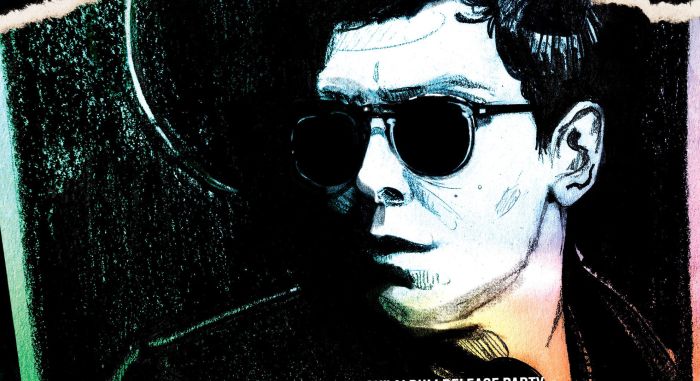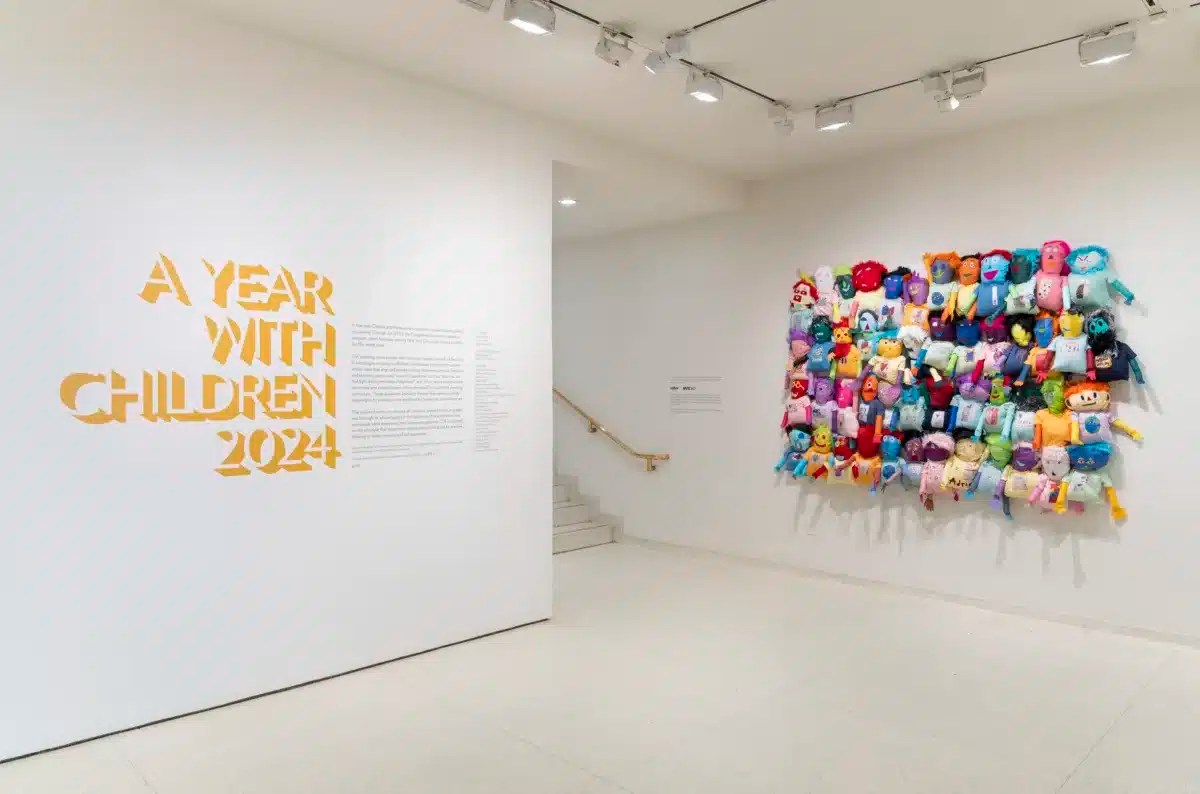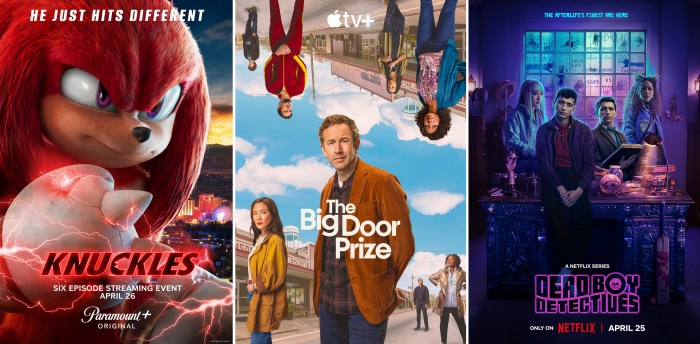The last time the wider world of music saw Aimee Mann, she was pairing with punk-adjacent guitarist Ted Leo to form The Both, and touring behind their debut album of upbeat power-pop tunes.
Evidently, she got that out of her system.
“Having done The Both, my rock trio scrappy and loud tendencies were being well looked after,” she says, “and I could really roll around in this other thing,” she says.
“This other thing” turned into “Mental Illness,” the so-blunt-it’s-funny-titled collection of achingly gorgeously songs about the desperate and desperate-to-be.
amNewYork caught up with Mann to talk about the album, steering into her impulses and the similarities between her profession and one that deals with mental illness every day.
In the lead-up to the album, you said you wanted to “give [your]self permission to write the saddest, slowest, most acoustic … record [you] could.” From whom did you need to ask that permission?
When you grow up as a musician in the major label system, there’s always the pressure and the conversation about, “Is this song a single? It isn’t a single — it’s not up-tempo enough. A ballad can’t be a single. It’s too slow to be a single. It’s too sad to be a single.” And I came to feel like that was some kind of accepted wisdom, but really it’s just the opinion of the people who are trying to predict what hits are. Obviously there have been a lot of ballads that were popular. So I never really believed it, because as a listener that wasn’t necessarily the stuff I gravitated toward. And I also thought, “that’s not really what I do, so why are you trying to get this thing out of me?” But I think the idea of it really sticks around, that I have to level these slower songs with songs that are up-tempo. And it’s not that it’s forced, it’s just concentrated on in a different way. And this time, I was like, “nobody buys records anyway, so I really can write what I want.” I didn’t have to have that in the back of my mind as some sort of goal that I always needed to be keeping my eye on.
There seems to be a recurring theme on the album of people falling back into either toxic relationships or habits.
It’s a very human condition to repeat your same mistakes over and over, or to have your intellect say, “this probably isn’t a good idea,” but you just can’t manage to avoid doing it or stay away, whether it’s an ex, or drinking, or whatever it is you’re trying to stay away from. It’s very hard to make a decision that goes against some unconscious drive. It’s interesting to see people at war with themselves. I don’t necessarily think it’s terrible — sometimes you do have to do things over and over again in order to try a different approach.
Are there parallels between a good songwriter and a good therapist?
I think so, in that it helps if you have compassion and if you are a good observer. It helps if you can delineate the problem and state it in a way that restates it to the person listening. We’ve all had those experiences where we’ve heard certain things a hundred times, and then a person slightly restates it and we go, “Ohhhhh.” It gets in at a slightly different level and then suddenly it makes sense to you.
IF YOU GO: Aimee Mann performs April 22 at 7:30 p.m. at Town Hall, 123 W. 43rd St., thetownhall.org, 212-997-6661, sold out.

















